
Sir Alfred Farthing Robbins (Launceston 1 August 1856 - 9 March 1931) was a British journalist, political biographer and freemason. [1]

Sir Alfred Farthing Robbins (Launceston 1 August 1856 - 9 March 1931) was a British journalist, political biographer and freemason. [1]
He was initiated in 1888 in Gallery Lodge No. 1928, which catered for members of the Press Gallery of the House of Commons, and in 1901 became Master of that lodge. As President of the Board of General Purposes from 1913 until his death, he was described as "the Prime Minister of English Freemasonry". London correspondent of the Birmingham Daily Post since 1888, he was president of the Institute of Journalists in 1908, and has been chairman of its Orphan Fund since 1911. He received a knighthood in 1917. [2]
His portrait, painted by Philip Tennyson Cole, presented by the Institute of Journalists in 1931, is kept at Launceston Guildhall and Town Hall. He was a member of the National Liberal Club.

He married Ellen Pitt [3] (born 1862 in Hitchin) in 1882, and was the father of Alfred Gordon Robbins, Helen Robbins, Alan Pitt Robbins, Grenville Robbins and Clifton Robbins (1890-1964), the journalist, barrister, and writer of golden age detective fiction. [4]
His wife Ellen was the daughter of Ann and John Pitt who ran the White Horse Pub, 19 High St, in Hitchin, Hertfordshire.



Sir John Joseph Caldwell Abbott was a Canadian lawyer and politician who served as the third prime minister of Canada from 1891 to 1892. He held office as the leader of the Conservative Party.

Archibald Philip Primrose, 5th Earl of Rosebery, 1st Earl of Midlothian, was a British Liberal Party politician who served as Prime Minister of the United Kingdom from March 1894 to June 1895. Between the death of his father, in 1851, and the death of his grandfather, the 4th Earl of Rosebery, in 1868, he was known by the courtesy title of Lord Dalmeny.
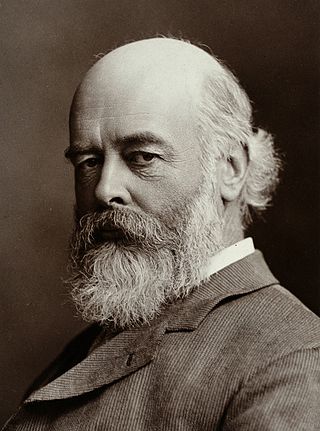
Sir Oliver Joseph Lodge, was a British physicist and writer involved in the development of, and holder of key patents for, radio. He identified electromagnetic radiation independent of Hertz's proof and at his 1894 Royal Institution lectures, Lodge demonstrated an early radio wave detector he named the "coherer". In 1898 he was awarded the "syntonic" patent by the United States Patent Office. Lodge was Principal of the University of Birmingham from 1900 to 1920.
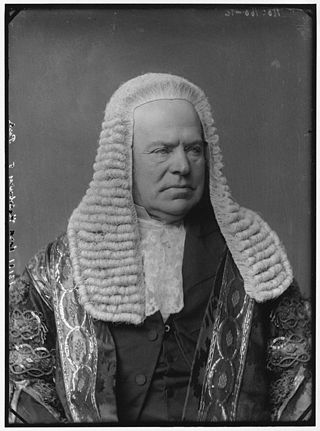
Hardinge Stanley Giffard, 1st Earl of Halsbury, PC QC later KC was a British lawyer and Conservative politician. He served three times as Lord High Chancellor of Great Britain, for a total of seventeen years.
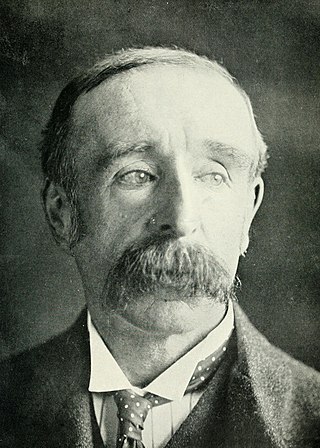
Patrick McMahon Glynn KC was an Irish-Australian lawyer and politician. He served in the House of Representatives from 1901 to 1919, and was a government minister under three prime ministers, as Attorney-General (1909–1910), Minister for External Affairs (1913–1914) and Minister for Home and Territories (1917–1920). Prior to entering federal politics, Glynn was involved in the drafting of the Constitution of Australia. Born in Ireland, he arrived in Australia in 1880 and served three terms in the South Australian House of Assembly, as well as a brief stint as Attorney-General of South Australia.
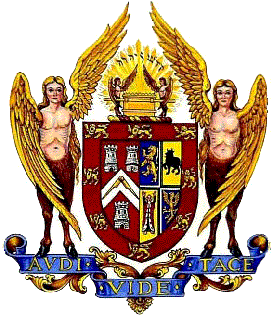
The United Grand Lodge of England (UGLE) is the governing Masonic lodge for the majority of freemasons in England, Wales and the Commonwealth of Nations. Claiming descent from the Masonic Grand Lodge formed 24 June 1717 at the Goose & Gridiron Tavern in London, it is considered to be the oldest Masonic Grand Lodge in the world, together with the Grand Lodge of Scotland, and the Grand Lodge of Ireland.
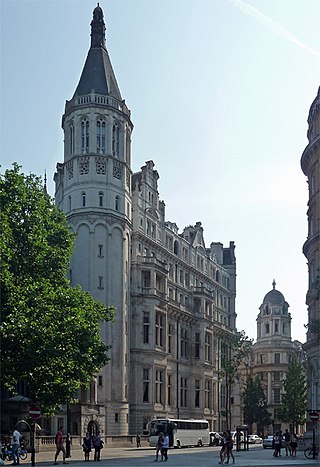
The National Liberal Club (NLC) is a London private members' club, open to both men and women. It was established by William Ewart Gladstone in 1882 to provide club facilities for Liberal Party campaigners among the newly enlarged electorate following the Third Reform Act in 1884, and was envisioned as a more accessible version of a traditional London club.

The University Pitt Club, popularly referred to as the Pitt Club, the UPC, or merely as Club, is a private members' club of the University of Cambridge. It was formerly male-only, and has admitted women since 2017.

Sir Edward Tyas Cook was an English journalist, biographer, and man of letters.
Sir Richard Lodge was a British historian.
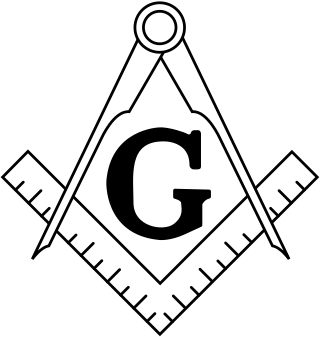
Freemasonry is a fraternal organisation that arose from the loose organization of medieval masons working in the medieval building industry.
The Gallery Lodge is one of two Masonic lodges within the UK Parliament. The core of its membership are journalists accredited to Parliament. It is the only lodge that is exclusively for journalists.
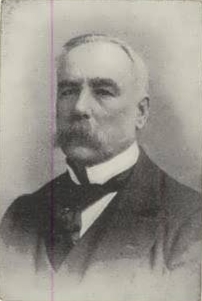
Henry Jamyn Brooks (1839–1925) was a British painter, particularly known for his pictures of meetings and events, in which many individuals are personally identifiable. He painted royalty, and portraits of civic leaders and military people, and was also a photographer.
Philip Tennyson Cole, generally known as Tennyson Cole, was an English society portrait painter in both oils and watercolours, who first achieved fame in Australasia and South Africa.
Clifton Robbins was an English journalist, writer of golden age detective fiction in the 1930s, and executive of the International Labour Organization. His stories of amateur detectives involved murder and international drug smuggling and he is best known for his series featuring Clay Harrison, a London barrister turned amateur detective, and his clerk Henry. He worked for the International Labour Organization from 1920, ultimately becoming director of the ILO London office in 1945 before retiring in 1950 to become principal of the Y.M.C.A. College for Adults in Kingsgate, Kent, for eight years.
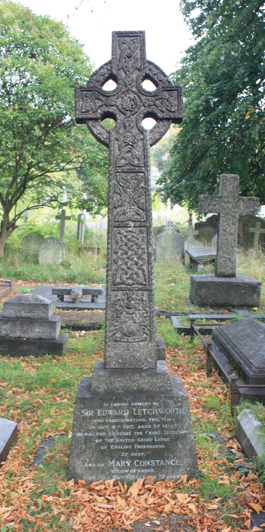
Sir Edward Letchworth (1833–1917) was a prominent figure in English freemasonry and renowned author on the history of freemasonry.